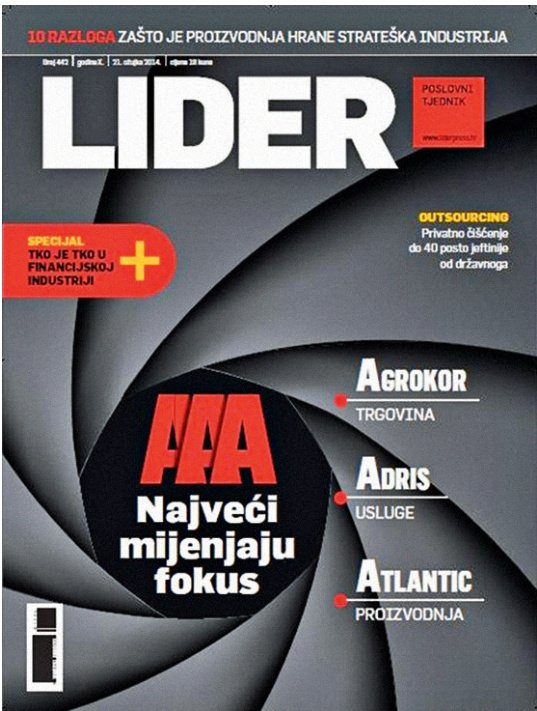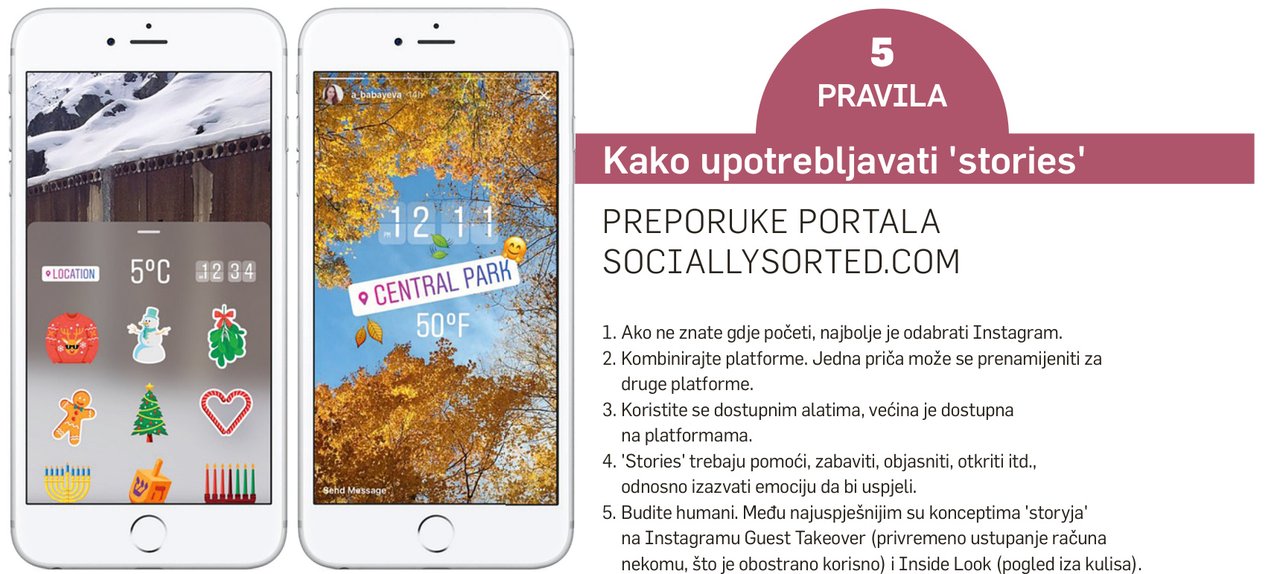The understatement is the British contribution to comedy. \nJim Davis, American cartoonist
The British are famous for their understatement, 1._ to referring to major problems as ‘a 2.__ of bother’ for example. The words like fairly, quite, rather and pretty all translate as ‘prilično’ in Croatian. Are they all more or less synonymous? These four adverbs can be rather confusing, as they all describe a medium or 3._ point on a scale, somewhere between not and very. So how are they different? Fairly is the least of the four, it 4._ adjectives and adverbs, but does not suggest a very high degree. For example: How was your trip? Fairly good, but not the best I’ve ever been on, or I speak English fairly well, but I’m not fluent. It is very important to note that if you say for your colleague that he or she is fairly good at what they do, they might not be very happy! Use fairly after ‘a’: She’s a fairly good manager. Quite 5._ a higher degree than fairly, though there is no great difference: How was your trip? Quite good, I enjoyed it, or I speak English quite well, I’ve been studying it for quite some time. Often the difference is that quite has a more positive connotation than fairly. This is also true when comparing quite to rather – rather is often used to imply a negative quality: I thought the meeting was rather dull and boring. Really? I found it quite interesting actually. If you use rather with a 6._ comment, it means ‘better than you thought’, or ‘more than usual’, and it is rather stronger than quite: How was your trip? Rather good actually, I did not expect much so I was pleasantly surprised. Quite and rather modify nouns and verbs as well as adjectives and adverbs: I rather like socialising at conferences or That project was quite a 7.___. (The translation of ‘quite a 8._’ into Croatian would be ‘prava gnjavaža’.) Use ‘a’ after quite, but before or after rather. Quite can also mean ‘completely’ with certain verbs and 9.___ adjectives: I quite agree with you = I totally agree with you; or The newspaper article was quite untrue = completely untrue. Pretty is similar in meaning to rather, but it is much less formal. It only modifies adjectives and adverbs: How’s it going? Pretty well. You ok? or The negotiations were pretty exhausting. Use pretty after ‘a’: It’s a pretty hot day. And 10.___ in mind that fairly and pretty only modify adjectives and adverbs (e.g. fairly good or pretty well). Rather and quite modify adjectives, adverbs, nouns and verbs (e.g. rather good; quite well; I rather like music; This is quite a problem.




